By Eli Bass, Jewish Education Coordinator
Macks Center for Jewish Education
A Passover Like No Other
This Passover season feels like no other. We face an international pandemic of Coronavirus/ Covid-19, which feels so unpredictable and dangerous. We must seek to find new meaning for a holiday season which is uniquely challenging.
In V’hei Sheamda, a traditional piece of the Passover Seder, we join Jewish communities around the world to seek divine protection in a world which can feel dangerous.
“And it is this that has stood for our ancestors and for us; since it is not only one that has stood to destroy us, but in each generation, they stand to destroy us, but the Holy One, blessed be He, rescues us from their hand.”
As we stand united with people all over the world, we seek protection and safety in this unprecedented pandemic. Jewish communities across the United States have used the best practices shared by health care professionals and epidemiologists. This includes many closures, canceled and postponed celebrations and events. Because of social distancing, many in our community have shifted to online learning, prayer and community.
Together we must work to keep our communities safe and protect those who are vulnerable. Medical science recommends that we avoid gathering in solidarity in the way we might address antisemitism or other major events in our community. We also need to look at how to process these events through a Jewish lens.
The Passover narrative is one of compassion. During the Seder, we drop wine to recognize the pain brought to Egyptians during the 10 plagues. We must recognize that the pain of isolation required to fight this illness is both necessary and difficult.
This Passover, our thoughts turn to those experiencing this illness, and pray for their recovery. We pay attention to those who are especially vulnerable.
We also turn to those putting their lives at risk. This includes medical staff and first responders, in addition to those in frontline service roles required for our lives including those in grocery stores. I encourage you to recognize and support those in pain and danger.
Because of these challenges, we recognize that this year Passover will be different. Rabbi Efraim Oshry, the rabbi of the Kovno Ghetto, was asked about whether his followers could substitute tea sweetened with saccharin for the four cups of wine which were not attainable. He permitted it “because redemption was not far off.” His students delivered tea by going door to door.
This year too, we seek meaning and redemption while living with the precautions we must take. This may require a smaller Seder, not traveling or a lack of preferred foods at our seder table. Despite this, we look to make Passover an experience of liberation and redemption.
The Passover Haggadah teaches us, “Each person is to consider himself as personally being part of the exodus from Egypt.”
I hope that despite the challenges we have this year, that you and your families can have a deeply meaningful Passover.
Subscribe to our newsletter
The Associated is a home for everyone in the Baltimore Jewish community. We offer several email lists to help people find a community, engage with their peers and support Jewish journeys around the world.
Join Our Mailing ListAdd Impact to Your Inbox
Sign up for our newsletter
Subscribe to our newsletter
The Associated is a home for everyone in the Baltimore Jewish community. We offer several email lists to help people find a community, engage with their peers and support Jewish journeys around the world.
Join Our Mailing List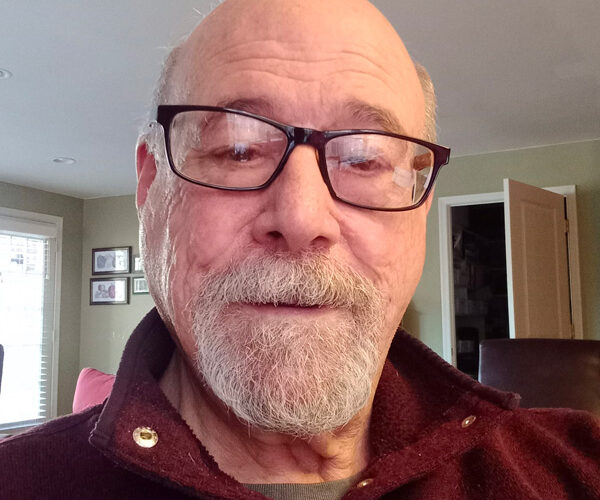
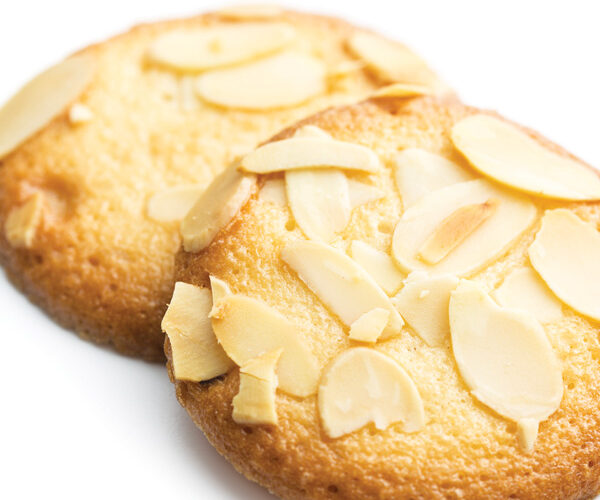
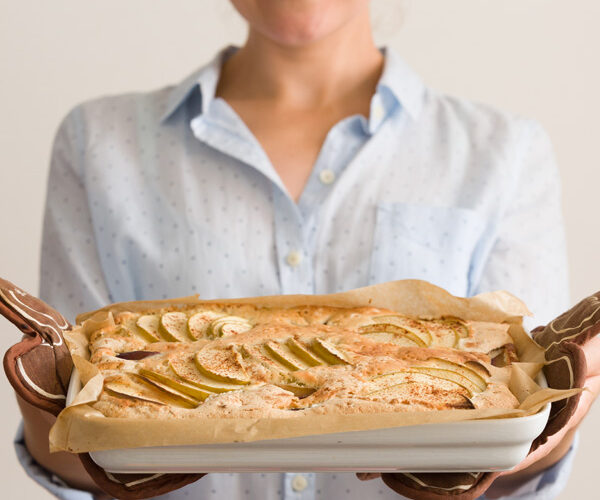


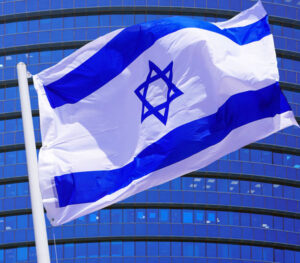
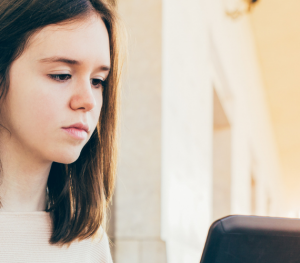
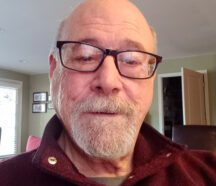
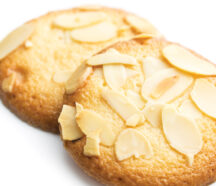
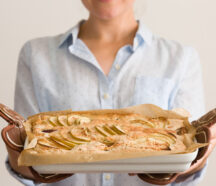
 Please Wait while we loading your video.
Please Wait while we loading your video.